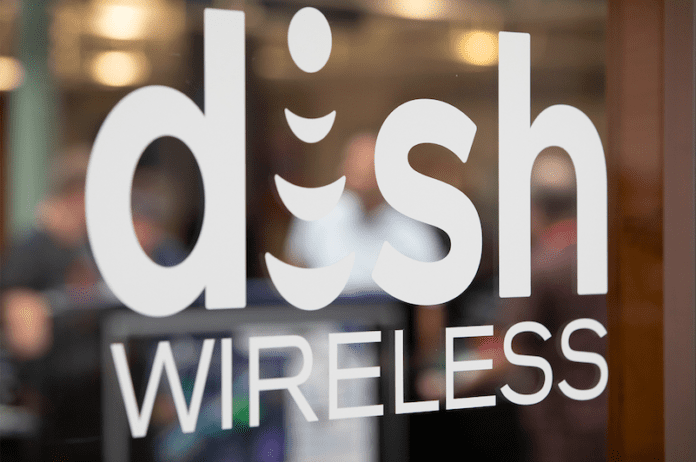On the heels of the re-merging of EchoStar and Dish Network, EchoStar has transferred some of Dish’s spectrum licenses to a new company entity for more “financing flexibility,” and has also hired a financial firm to help it explore strategic alternatives.
Investors sent EchoStar’s stock up more the 30% on the news. However, Dish’s bonds plummeted in response, signaling that holders of Dish’s debt are worried about the implications of the move.
EchoStar said in a release that Dish has transferred some of its unencumbered wireless spectrum licenses, including AWS-4, H-Block, CBRS, C-Band – Cheyenne, 12 GHz, LMDS, 24 GHz, 28 GHz, 37 GHz, 30 GHz and 47 GHz licenses, to a newly formed subsidiary called EchoStar Wireless Holding LLC.
Dish Network—now operating as a subsidiary of EchoStar—will continue to retain ownership of other wireless spectrum licenses, including 600 MHz, 700 MHz, 3.45 GHz and AWS-3, of which 700 MHz and AWS-3 also remain unencumbered, EchoStar said. Dish will also retain ownership of DISH DBS Corporation, which count about 3 million Dish TV subscribers among its assets.
According to a research note from Craig Moffett of MoffettNathanson, “unencumbered” in EchoStar’s context seems to reference whether a band has been previously used as collateral to borrow against, not whether it is restricted from sale or is in use. Moffett also called the changes by EchoStar “inscrutable”, but said that the company doesn’t appear to be dividing spectrum assets in a way that would facilitate a sale.
“The transactions announced today only further that objective of realizing on the synergistic capabilities of the combined company, while also providing it with optimized strategic and financing flexibility,” EchoStar said in a release.
“This asset allocation enables EchoStar to more optimally position the necessary resources for the execution of its strategic goal of becoming the premier provider of terrestrial mobile, satellite connectivity, and content services” said Hamid Akhavan, president and CEO of EchoStar.
Indeed, it was widely anticipated that the re-combination of Dish and EchoStar was driven by the fact that a combined company would have greater assets and acccess to capital markets. Previous analysis painted a bleak picture of Dish’s finances as a standalone company, noting that the company has significant amounts of debt, with $5 billion coming due in 2024 and 2025—and suggested that by combining the two companies, Echostar could provide more assets to borrow against.
The end note in EchoStar’s release that it had hired Houlihan Lokey and White & Case LLP as financial and legal advisors to “assist the Company in evaluating potential strategic alternatives,” however, has led to speculation about whether the newly combined company will be considering any asset sales or M&A actions, although Chairman Charlie Ergen reportedly brushed off sale speculation at CES as Dish touted its newly awarded federal funding to support Open RAN testing.
S&P Global gave the combined EchoStar a CCC+ rating with a negative outlook, citing its “high leverage, a significant cash burn, and substantial refinancing requirements in the coming years at its largest subsidiary, Dish Network,” going on to note that the company faces “capital intensity associated with Dish’s wireless build that will continue large cash flow deficits; execution risk associated with profitably expanding its wireless business; and high cost of capital with significant refinancing requirements through 2026.”

